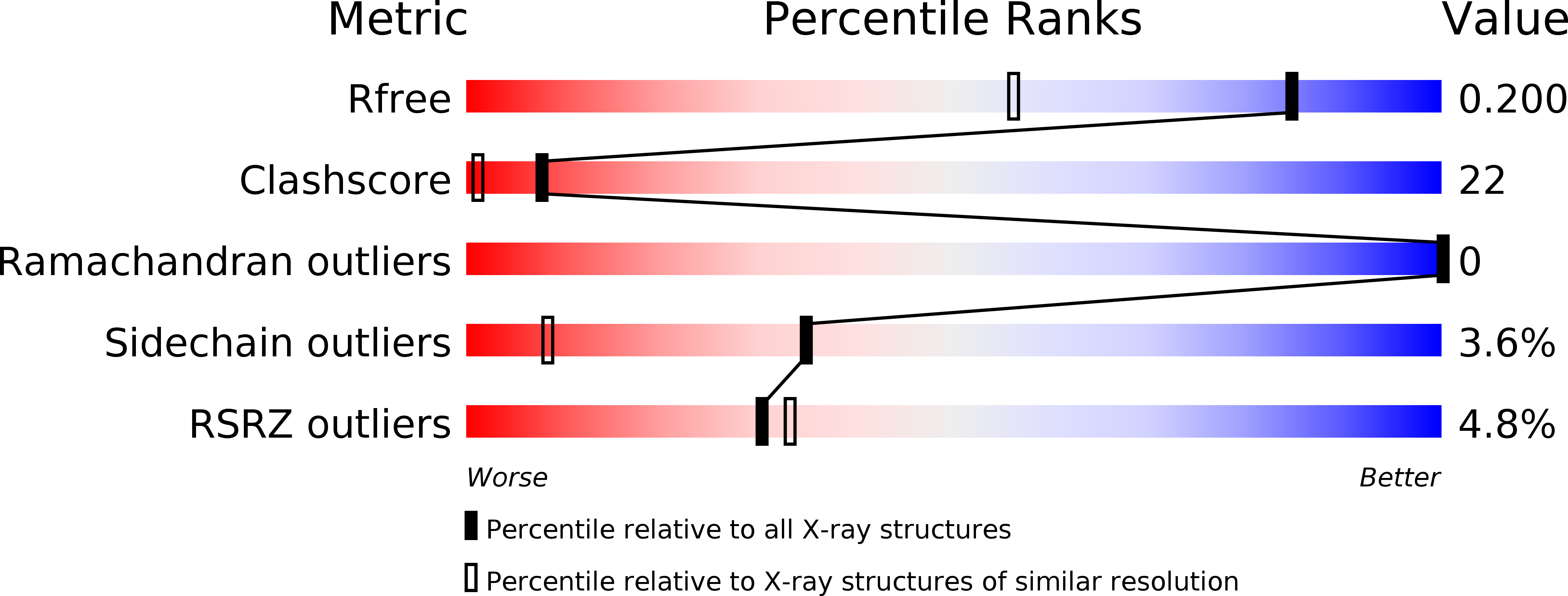
Deposition Date
2016-01-27
Release Date
2016-07-13
Last Version Date
2023-11-08
Entry Detail
PDB ID:
5HU9
Keywords:
Title:
Crystal structure of ABL1 in complex with CHMFL-074
Biological Source:
Source Organism(s):
Homo sapiens (Taxon ID: 9606)
Expression System(s):
Method Details:
Experimental Method:
Resolution:
1.53 Å
R-Value Free:
0.19
R-Value Work:
0.18
R-Value Observed:
0.18
Space Group:
C 2 2 21


